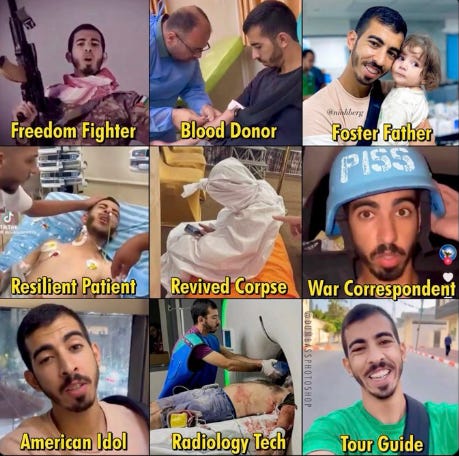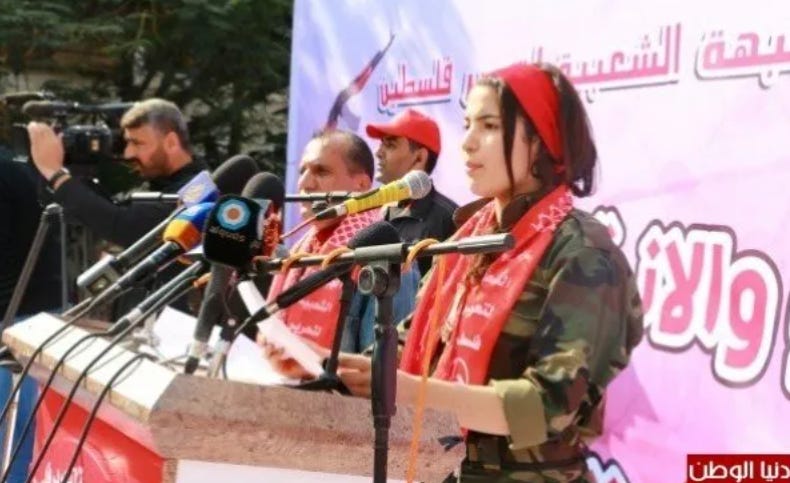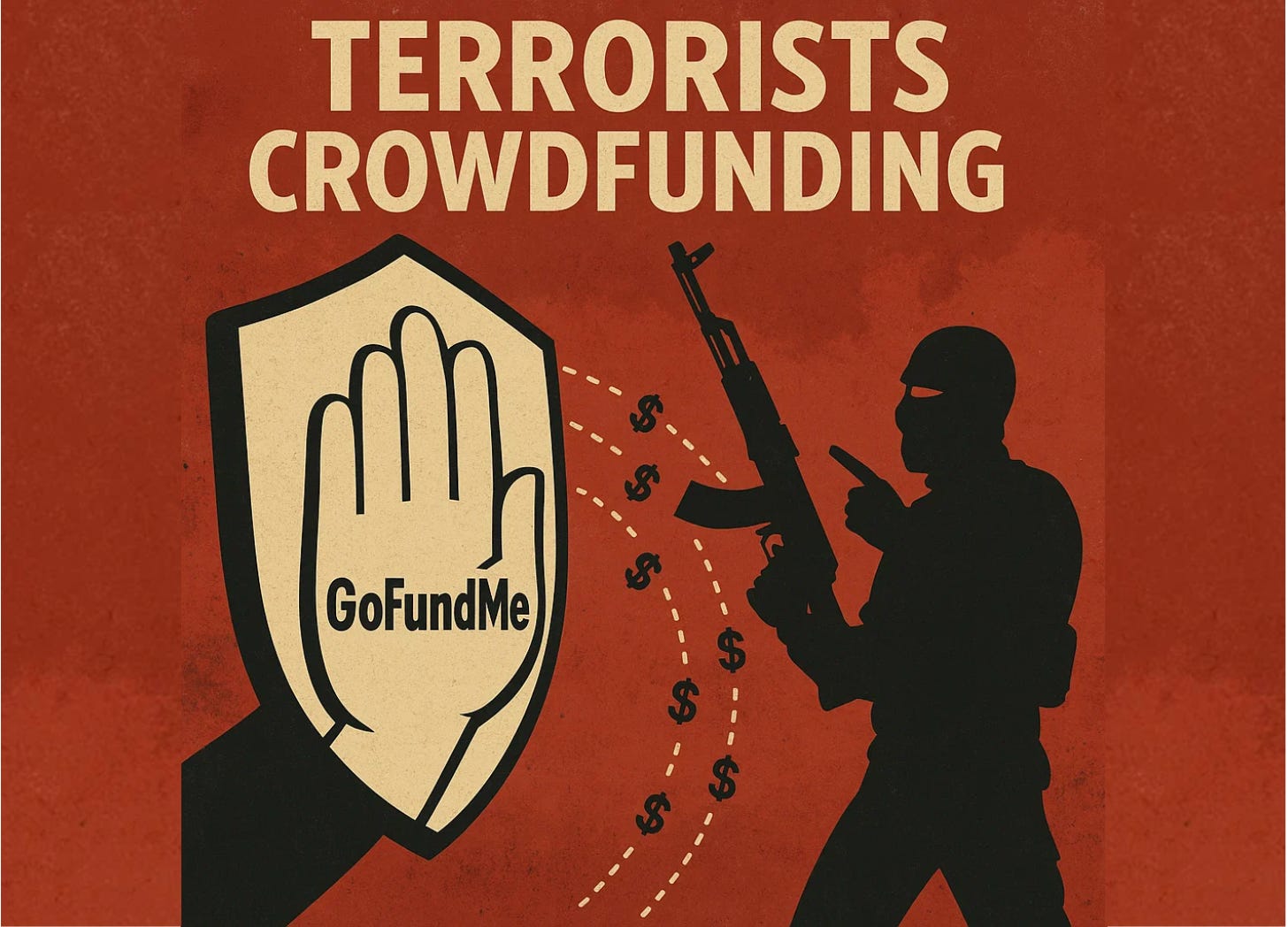Pro-Palestine Groups Condemn GoFundMe for Newly Heightened Anti-Terror Restrictions
Platform defends enhanced screening protocols following documented cases of ISIS and Hamas financing disguised as Palestinian humanitarian aid
GoFundMe finds itself under intense pressure from Pro-Palestinian organizations after implementing enhanced security measures designed to prevent terrorism financing through fraudulent Palestinian aid campaigns. More than 40 groups, including Jewish Voice for Peace (JVP) and the Lebanese anti-Israel group Visualizing Palestine, have signed a petition condemning the platform's "systematic restrictions." Their campaign comes as federal authorities have uncovered multiple cases of terror financing operations that exploited crowdfunding platforms using precisely such humanitarian causes as cover.
Documented Terror Financing: The ISIS-Gaza Connection
A notable incident of crowdfunding terrorism was highlighted in May 2025 when Toronto resident Khalilullah Yousuf received a 12-year federal sentence for using the platform to finance ISIS operations while claiming to raise funds for Palestinians in Gaza. According to court documents, Yousuf "claimed he was crowdfunding on sites like GoFundMe for Palestinians in Gaza and Muslim religious events, but was instead sending the money to ISIS supporters in the U.S., Spain and other countries."
The case revealed sophisticated methods terror financiers use to exploit humanitarian sentiment. Over two years, Yousuf transferred more than $35,000 to ISIS networks, with recipients providing photographic evidence of weapons, ammunition, and ISIS flags to confirm funds reached their intended terrorist destinations.
This wasn't isolated. Federal prosecutors in December 2022 unveiled charges against a broader terror financing network that used "misleading and covert communications" while raising money through GoFundMe for ISIS operations. The defendants created fake campaigns with seemingly innocent titles including "Ramadan Appeal for Gaza"—precisely the type of Palestinian-focused humanitarian appeal that advocacy groups now claim should face less scrutiny.
Gazan Influencer Fraud: The Mr. FAFO and Bisan Owda Cases
The challenge of distinguishing legitimate humanitarian campaigns from fraudulent ones has been exemplified by high-profile cases involving popular Gazan social media influencers who allegedly exploited international sympathy for personal gain. These cases demonstrate why enhanced screening protocols have become necessary for platforms like GoFundMe.

The most prominent case involves Saleh Al Jafarawi, known online as "Mr. FAFO," who raised approximately $10 million in what authorities described as a fake charity campaign. Al Jafarawi has been accused of embezzling the funds, with many Gazans speculating the money was diverted to Hamas rather than reaching intended humanitarian recipients.
Similarly concerning is the case of Bisan Owda, a Palestinian journalist with ties to the Popular Front for the Liberation of Palestine (PFLP), a U.S.-designated terrorist organization. According to StopAntisemitism, Owda "orchestrated a GoFundMe campaign claiming to support 'Gazan' families—but instead pocketed approximately $400,000 in donations for herself."

Post-October 7 Enforcement Actions
Recent government enforcement actions demonstrate ongoing terror financing risks. In January 2025, the Treasury Department targeted Hamas-aligned fundraising networks, while simultaneously sanctioning a sham charity serving as an international fundraiser for the Popular Front for the Liberation of Palestine, a designated terrorist organization.
Just days ago, the Department of Justice announced civil forfeiture action against approximately $2 million in digital currency connected to a network that "supported various terrorist organizations including Hamas, ISIS, Al-Qaeda." These actions show that terror financing through humanitarian appeals remains an active threat rather than historical concern.
Industry-Wide Response: Regulatory Compliance
GoFundMe's measures align with broader industry practices, suggesting enhanced Palestinian-related transaction screening reflects regulatory requirements rather than discriminatory targeting. PayPal and Venmo have implemented similar restrictions, with Venmo acknowledging in 2021 that payment holds were related to "U.S. sanctions laws designed to stop financial support for international terrorism." PayPal closed a Gaza fundraising account in November 2023 after the beneficiary was identified as an Israeli-designated terrorist organization.
The Treasury Department's Office of Foreign Assets Control has issued specific guidance on Palestinian-related transactions, noting that numerous Palestinian organizations remain subject to terrorism sanctions. This regulatory framework creates legal obligations for payment processors that extend beyond their internal policies.

Platform Security Measures
GoFundMe's position reflects the complex regulatory environment facing financial technology companies. The platform operates under strict anti-money laundering requirements and faces severe penalties for facilitating transactions involving designated terrorist organizations. The Financial Action Task Force has specifically warned that "digitally enabled fundraising technologies can therefore be exploited by various types of terrorist organizations in a number of different ways."
The company has attempted to provide clear guidance for legitimate Gaza-related fundraising through its specialized FAQ section, requiring campaign creators to specify recipient locations, intended fund usage, and transfer mechanisms. These requirements directly address documentation gaps that terror financiers have historically exploited.
The consequences of inadequate screening extend beyond regulatory penalties to direct complicity in terrorism financing. The Yousuf case demonstrated how funds raised through seemingly legitimate Palestinian aid campaigns directly purchased weapons and ammunition for ISIS operations. Federal prosecutors presented photographic evidence showing ISIS flags alongside weapons purchased with crowdfunded donations, illustrating the direct connection between inadequate screening and terrorist violence.



